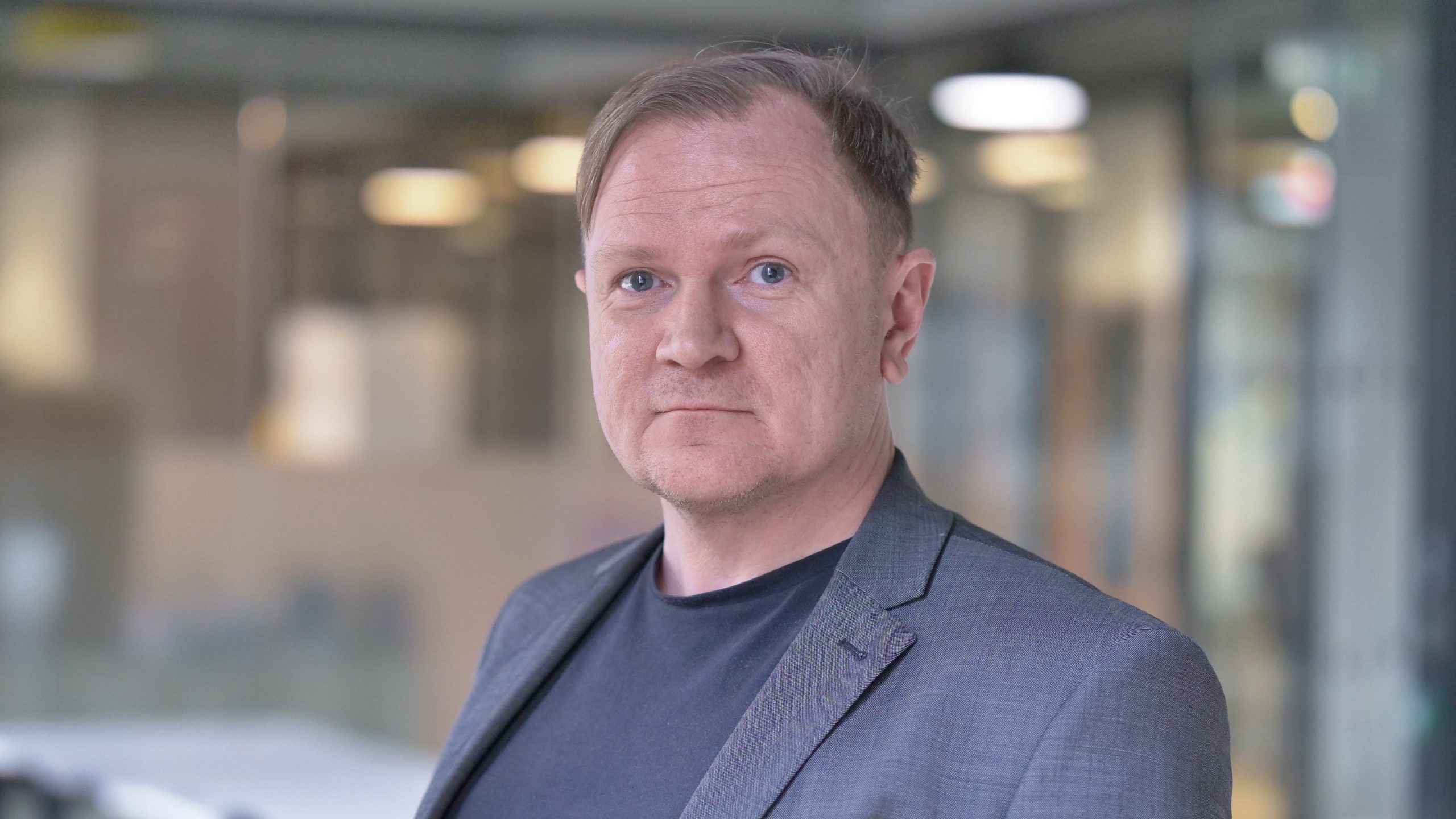By Huw Edwards, CEO of ukactive
Wes Streeting is right; widening waistbands are a burden – and tackling the social and economic challenges created by the obesity crisis is a matter of urgency. He has said we need to get serious about public health and expressed a desire for an approach which seeks to “take the public with us rather than doing things to people”.
New evidence from Sport England shows just what potential the Government is sitting on – a major solution to our dual economic and health challenge that, according to Treasury-backed methodology, is already worth over £100bn a year in social value, largely through health savings. That solution is physical activity.
Streeting rightly acknowledges the role of physical activity in bringing more joy to people’s lives, something he agrees not only makes life worth living but gives us a better chance of living a healthy, fuller life for longer. As the Government launches its consultation on the 10 Year Health Plan to fix the NHS, there is a huge opportunity presented by increasing participation in physical activity, recreation and sport.
The Department for Culture, Media and Sport’s own figures show the grassroots sport and physical activity sector itself is worth £99.7bn in economic terms and job creation. But the new findings – backed by Professor Chris Whitty – show the existing health value of people living active lives, and particularly the youngest in society.
The researchers found physical activity already saves £10.5bn for the wider health and social care system, including billions for the NHS. This is further evidence of what a truly preventative approach from the Government should look like.
Previous governments have taken a short-term focus, and it is about time prevention is viewed as the cure, rather than waiting until people’s health conditions decline so much that they are left with no other choice than to turn to drugs and hospitals.
The Government knows investment in weight-loss drugs is not the panacea. Now it must show us what plans it has to deliver a full prevention strategy that includes policies for physical activity and diet too.
After all, obesity is just one symptom of the UK’s current state of health – which is why our recommendation to prescribe physical activity has far wider benefits. The new report shows active lives prevent 600,000 cases of type 2 diabetes, 57,000 cases of dementia, and saves £540m in reduced GP visits. What are the side effects? It prevents 1.3 million cases of depression, creating savings for mental health services of £780m.
Crucially, the report proves the value of young people achieving the recommended 60 minutes of moderate to vigorous physical activity a day – it’s worth £4,100 a year for every child (aged 11-16), compared to £2,500 a year for every adult.
The CMO, the NHS National Medical Director and the Health Secretary know the answer lies in prevention not cure, and in reducing inequalities, including access to physical activity – especially for young people. It’s seen every day by every sports coach, PT and swim instructor. Our inequalities mean we are ranked joint-11th for activity levels among 15 comparable nations in Europe. Imagine the social value of becoming first. The new report quantifies the social cost of inequalities in adult activity levels as £15.6bn a year.
It is why Sport England is focused on targeting resources to where they are needed most, including affordable local sports clubs, prioritising school sports and mandatory training for every healthcare professional on the benefits of prescribing sport and physical activity.
The leading bodies in our industry are united on three areas for Government focus: ensuring opportunities for every child and young person to be physically active for their health and happiness; integrating our sector to support the NHS; and unlocking the potential of our facilities, workforce and services.
There can be no growth without health. If the Government can unlock the full value of physical activity, it can be the miracle cure for the NHS and the economy.
Read the full report from Sport England here and see the response from the National Sector Partners Group here.




